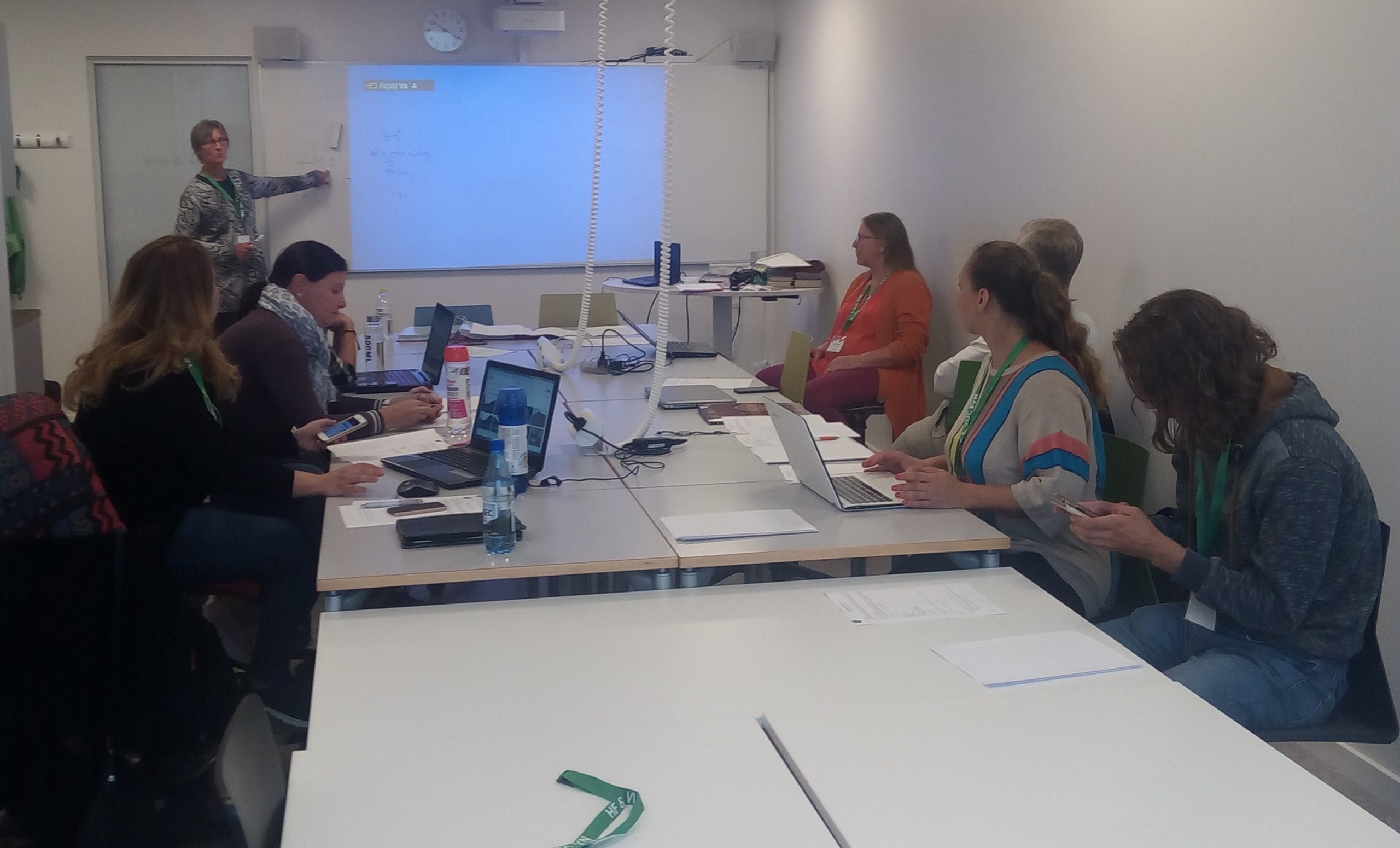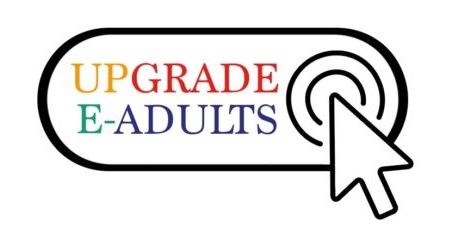
The partner “Latvian Dyslexia Association” was enthusiastic to prepare and deliver training in use of assistive technologies for people with reading disabilities.
Use of assistive technologies alongside with using audio textbooks is the most vital way to compensate for poor literacy skills both in children and adults.
Sophisticated provision and wide use of assistive technologies is a spine of support for reading disabled population in many European countries.
For example, Sweden claims that 20% of its population has difficulty accessing written text, Denmark, Norway and the UK are close to this number when they speak about reading difficulties people of various ages face.
So, the high utility of various digital skills in use of assistive technologies was the motivation for us to deliver this training to reading disabled people in Latvia.
We advertised the training seminar for at least two target groups – adults with literacy issues and parents whose children have reading difficulties.
So specially the parents of children with dyslexia are motivated to become future trainers as the knowledge about assistive technologies is needed by many in our country.
We organised our training of trainers in the small town of Viesīte in a rural area of Latvia (160 km from the capital city of Riga).
We were surprised and pleased by the big interest in the event.
In the training, we trained the participants in using spell check, Track Changes, speech-to-text and text-to-speech both in Latvian and English because in English these are very high-quality built-in
functions of MS Office 365.
We also demonstrated the use of OCR (optical character recognition) software to turn printed texts into MS
Word documents so they can be machine read by text-to-speech.
We also informed the future trainers about the availability of fiction in audio format in the Library for the Blind.
We also told our future trainers about a few school textbooks that we are turning into Daisy integrated (text + sound) books in the Erasmus+ project Audio Textbooks – Help for Challenged Readers
and Their Teachers (Ref. No 2020-1-LV01-KA201-077533).
To conclude, the participants were very satisfied with the training as very few of them had heard of, not to speak of, used text-to-speech and speech-to-text function in Latvian and/or English.
They used them so they could gauge how good and useful they are (or – are not).
The biggest lesson learnt was that there is an OCR process that allows to digitalise a printed book/text again.
Most of the future trainers were eager to pass this knowledge to more people in need for digital support with their reading and writing.
